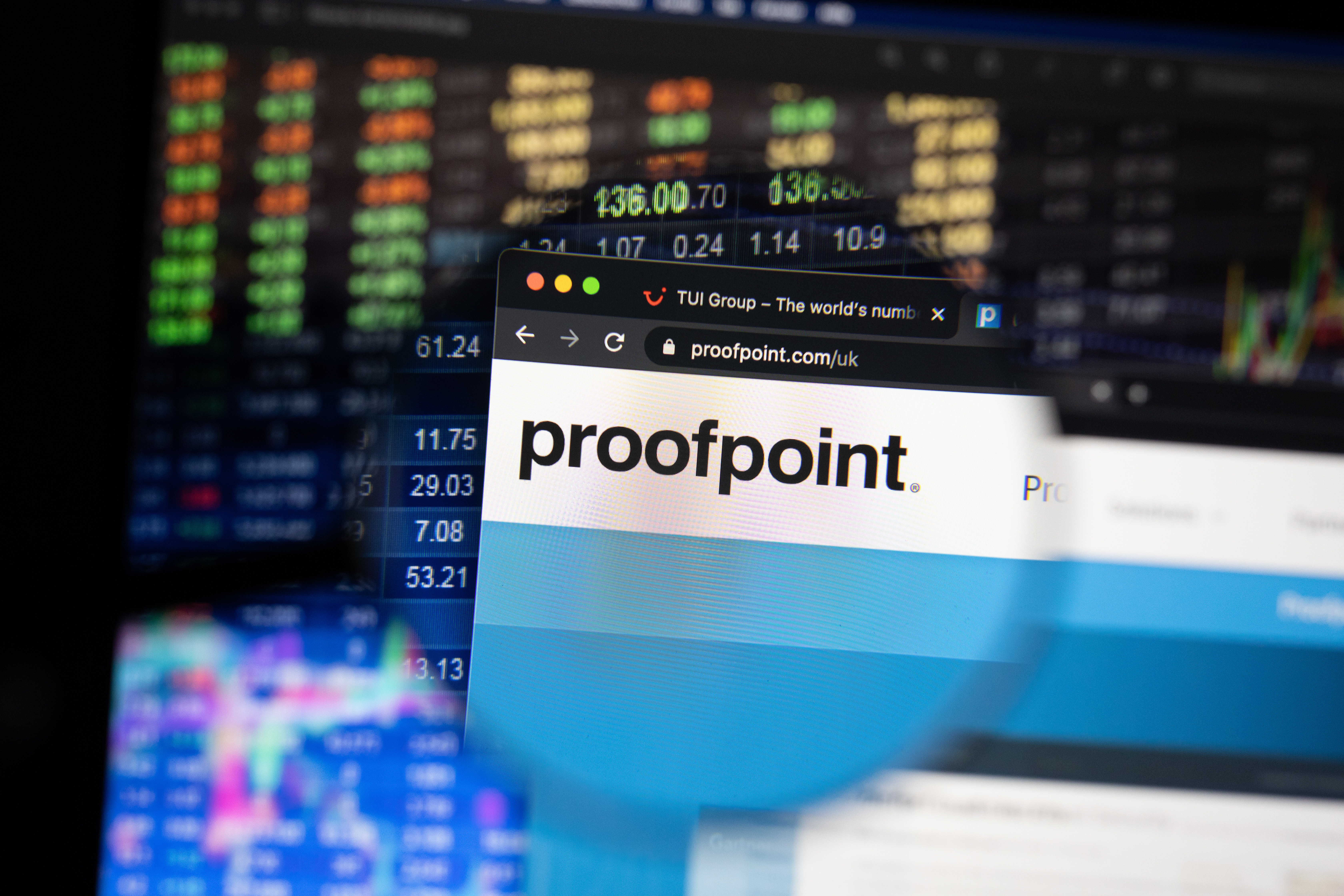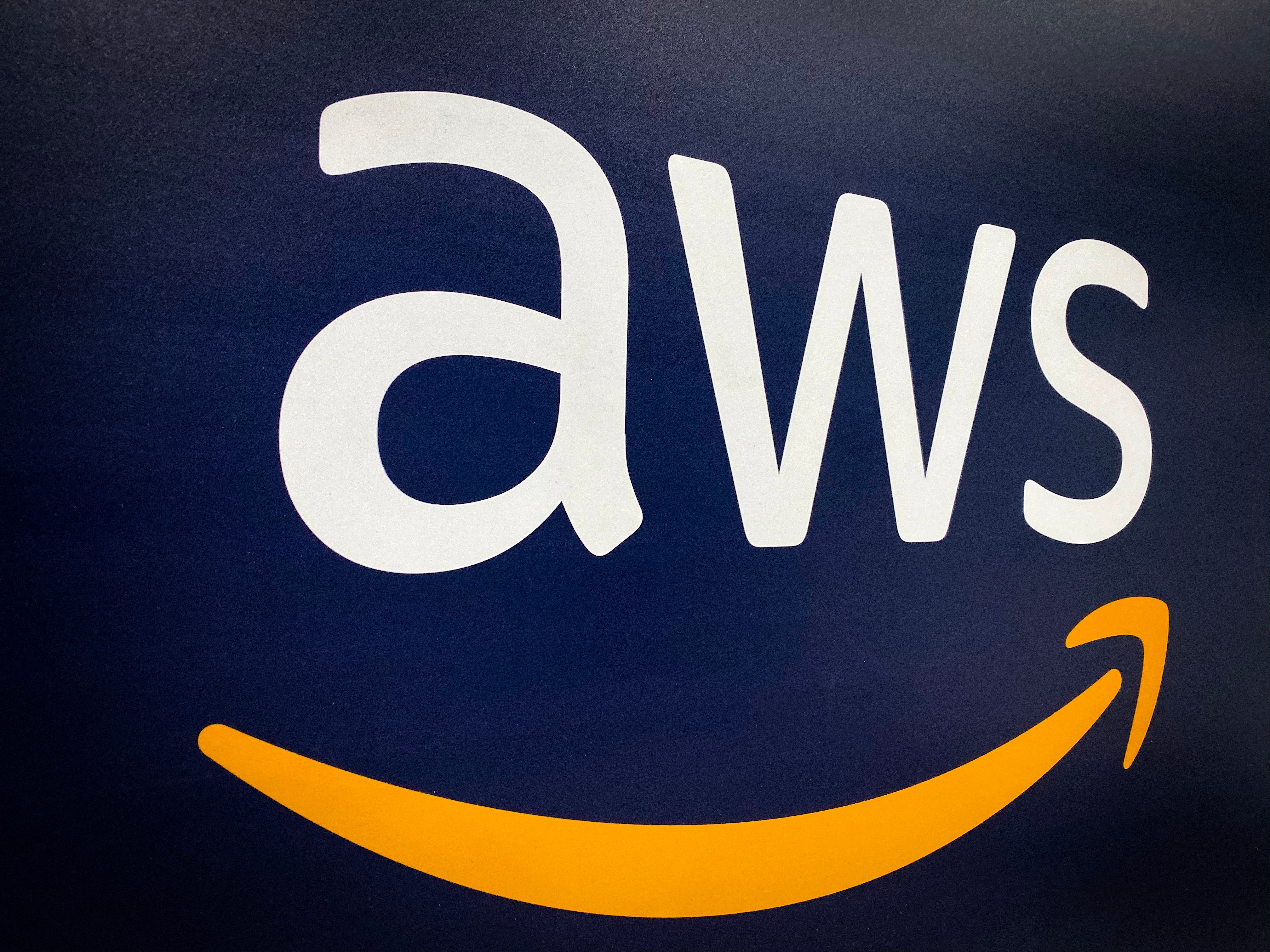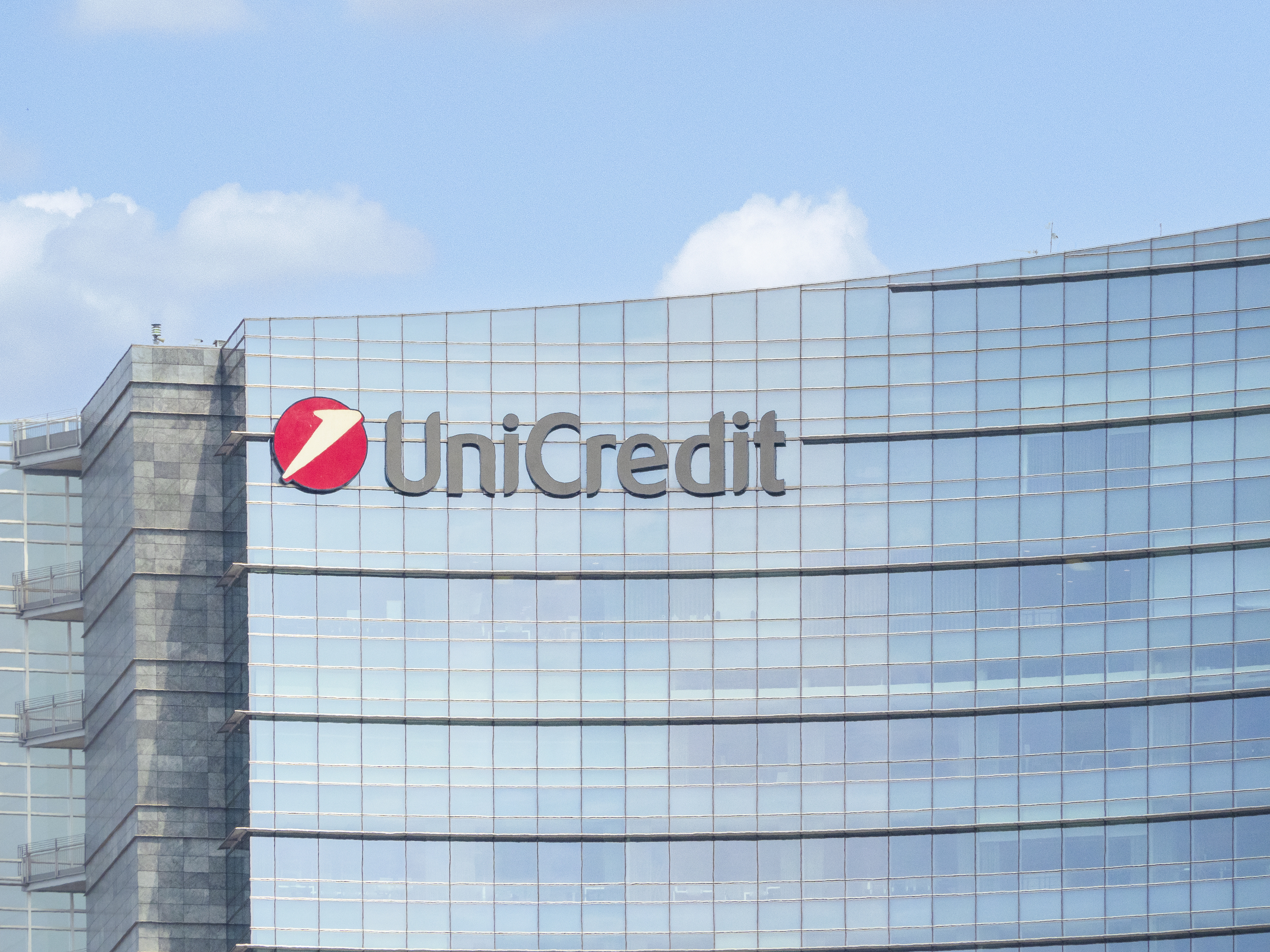The cybersecurity industry is in a phase of rapid consolidation. Over the past year, acquisitions have become a key strategy for companies aiming to address critical gaps in a world increasingly dependent on cloud-based applications and AI tools. Among the most notable deals in 2024 was Proofpoint’s acquisition of Normalyze, a data-first security startup. While mergers in this space are common, this move underscores a growing demand for comprehensive data security solutions tailored to the complexities of modern cloud ecosystems.
With data flowing across countless platforms and endpoints, visibility has become a major challenge, and misconfigurations a constant risk. The integration of AI-driven applications like ChatGPT, GitHub Copilot, and Bard into business processes further complicates the landscape, often outpacing policies for handling sensitive data. Normalyze’s expertise in identifying and classifying data accessed by AI tools positions Proofpoint to address these emerging risks effectively. This isn’t just about securing data—it’s about understanding how it moves and ensuring compliance with an ever-evolving regulatory environment.
Proofpoint CEO Sumit Dhawan emphasized this shift, stating to Forbes: “Generative AI democratizes access to information, which is both its strength and its vulnerability […] Our data posture management solution ensures that enterprises can enable AI without compromising security.”
The acquisition highlights a key concern in today’s digital landscape: sensitive data, intellectual property, and personal information can inadvertently feed into AI models, raising significant privacy and compliance challenges. By integrating Normalyze’s AI-powered platform, Proofpoint aims to empower clients to track and manage data usage within AI applications, ensuring a secure adoption of emerging technologies.
Normalyze’s platform stands out for its ability to map sensitive data across complex environments—be it AWS, Azure, Google Cloud, or SaaS apps like Salesforce. Beyond identification, it actively mitigates risks. For example, if a cloud storage bucket is misconfigured and publicly exposed, the platform not only flags the issue but takes corrective action. With regulatory frameworks such as GDPR, CCPA, and HIPAA continuously evolving, Normalyze’s real-time compliance monitoring offers organizations a robust defense against potential penalties.
For enterprises, managing dozens of point solutions creates fragmented insights and siloed security operations. Proofpoint’s acquisition reflects a growing trend toward consolidation, aiming to simplify management and enhance security outcomes. By offering a unified view of risk across cloud environments, Proofpoint’s enhanced platform can help enterprises navigate the complex cloud infrastructures they’ve built over time.
However, the acquisition is not without challenges. Integrating advanced capabilities like Normalyze’s into a broader platform requires careful alignment of technologies, teams, and processes. The broader cybersecurity talent shortage also looms large; for many organizations, building in-house solutions remains both costly and resource-intensive. Proofpoint’s approach—acquiring innovative startups—addresses this issue but demands seamless execution to maximize impact.
In the context of cybersecurity mergers and acquisitions, Proofpoint’s deal follows a familiar pattern: vendors racing to close gaps in their platforms by acquiring startups that tackle emerging threats. Yet, unlike many acquisitions resulting in standalone products, Proofpoint’s vision is ambitious—a seamless, all-in-one platform encompassing discovery, classification, remediation, and compliance.
As cybersecurity threats grow increasingly sophisticated, Proofpoint’s acquisition of Normalyze positions the company to redefine data security for a cloud-driven future. If successful, it could set a new standard for comprehensive, data-first security solutions in a rapidly evolving market.
.png?width=1816&height=566&name=brandmark-design%20(83).png)



